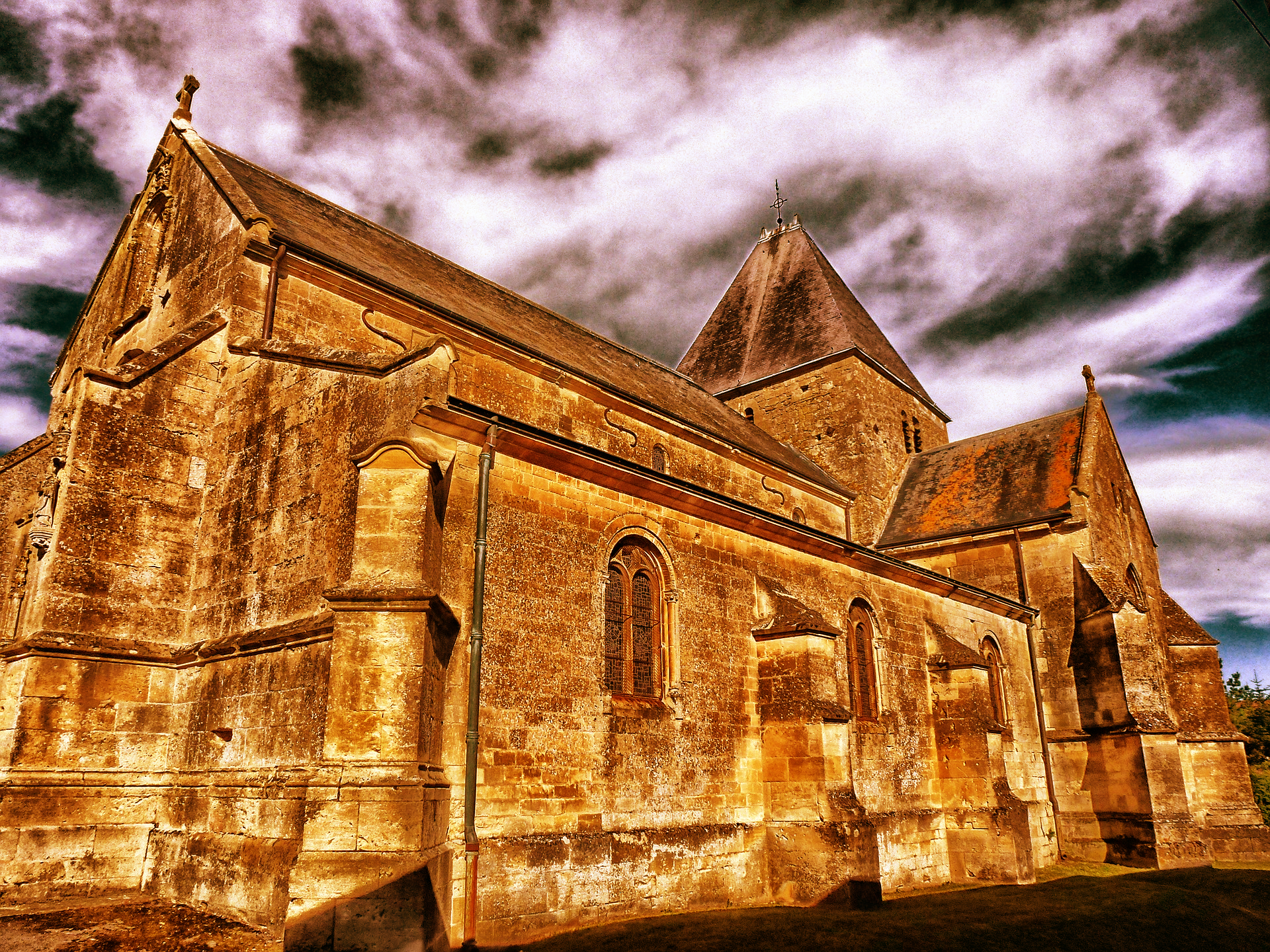[contentblock id=logan-ads]
Missional Communities are seen as a small group trend and to see it that way, would be to miss out on the theological and historical nature of this approach to church. In many ways though, the missional community conversation has positioned itself this way, as a reactionary approach to the broken way we’ve done church. So everything we’ve been doing is wrong and we need to do different things!
Everything we’ve been doing is not wrong, but everything we’ve been doing needs to be done differently to become God’s missional church.
The biggest sacrifice to the Missional Community mindset of church has been Sundays and in doing so, we’ve lost a powerful setting to advance God’s mission and form His church.
What is the mission of Sunday?
One healthy byproduct of the Missional Community transition in a church is that you begin to re-evaluate the why of everything you do to rebuild it around God’s mission. The most outward face of the American church to the cities we live in right now is our Sunday gatherings. We can lament that it’s not service to the community or love of neighbor (and we should), but we have to move forward and see our Sunday gatherings as massive opportunity for God’s mission.
For this to happen, we have to re-evaluate why we gather and make sure everyone knows why we gather. Our desire must not only be to exhort the faithful followers of Christ, but to inspire and challenge them while we assist those who are far from God to explore how Jesus is better than anything they are facing or striving for.
On Sunday, we primarily inspire followers of Christ to renew their trust and faithfulness to God through guiding their emotions, thoughts, and feelings to be processed by the gospel of Jesus Christ. We sing, confess, hear the Word of God read and preached, take communion, give of our offerings, and leave blessed, but why? God’s aim is for us to be more like Christ, individually and together, and God has given us the gathering to conform our community to Christ unified as a large extended family and leave commissioned with a greater affection, longing, and passion for Jesus.
This is where the American Church has typically ended their aims for Sunday, but God has greater purposes than this for Sunday worship gatherings. Our gatherings are forming our communities, but are we forming them for mission?
What is a Missional Sunday?
A Missional Sunday embraces the Jesus-centered mission for the church and sees the larger gathering of the church conceptually as a Missional Community.
This engages the entire gathering that consists of believers in love with Jesus, those in doubt and suffering, those exploring God for the first time, and those skeptical, angry and far from God. How do they experience the worship gathering? We should ask them within our friendships and prayerfully adjust our gatherings.
Imagine a sermon similar to the Sermon on the Mount as a model, Jesus began by teaching His disciples, but knowing full well the crowd was around, listening, questioning, and intrigued. His teaching was filled with truth, but inviting and dealing with the cultural narrative of His day. “You’ve heard it said…but I say” was a common refrain, demanding people to question the cultural narrative and see the Kingdom narrative as better. It’s considering and engaging the thoughts and objections of a skeptical audience while giving them a better framework for life through Jesus’ Kingdom. If we are living in missional communities, our stories of regular life and mission become our illustrations and they are far more impactful.
In preaching like this, we also model and train people in evangelism merely by engaging the culture on their terms and demonstrating how the gospel of Jesus Christ applies to their lives. This is the very thing we long for our church to do, but we rarely model this in the most visible setting we’ve been given.
A friend of mine and worship leader, Eric Damewood, referred to worship as “the film score of the Gospel”. Our worship, song choice, and liturgy have the ability to alienate or invite people to experience the gospel of Jesus Christ in different forms. We must expose the world to rich truth over catchy clichés, honest declarations in confession combined with emotional expression, and return the sacraments to a rightful place of public declarations and distinctions for the body of Christ.
Our worship gatherings become one more avenue for people to invite their co-workers, friends, and neighbors to explore joy of knowing God in Jesus Christ.
Missional Communities Need Missional Sundays
Missional Sundays serve our Missional Communities most effectively, moving them away from a separate program and truly creates an entire missional church.
Our Missional Communities hear the vision and call for mission from the pulpit and not only their private trainings. The entire body grasps the value and opportunity for them to engage with missional communities. Their engagement with others far from God is given another opportunity for invitation to see a large gathering of people who love Jesus respond to the truth of the gospel. The theological truths of the Scriptures and worship are connecting with the everyday life of obedience to Christ.
Missional Sundays need Missional Communities and Missional Communities need Missional Sundays. If the mission is truly all of life, it must also be all of church life.


